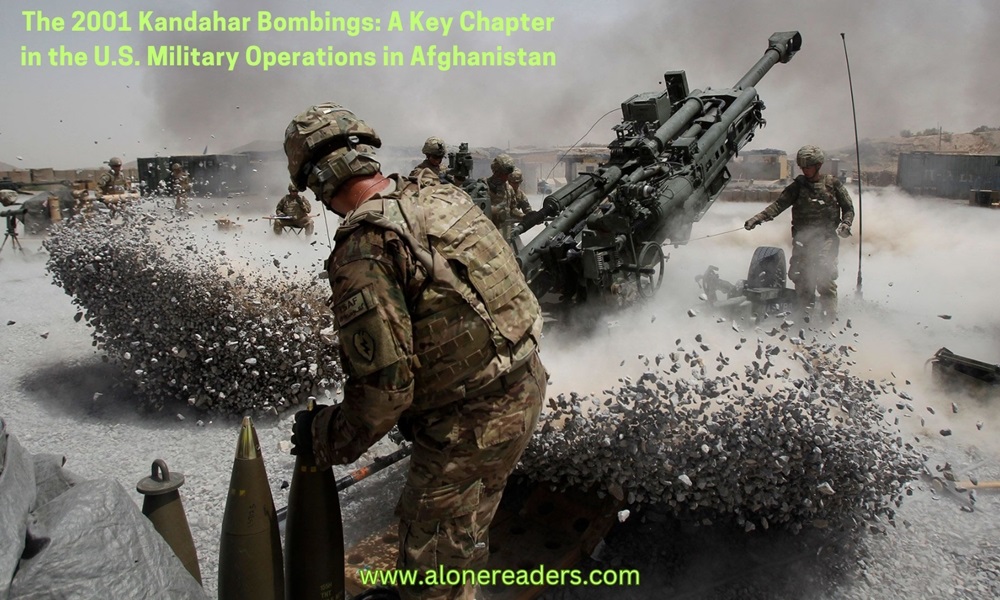
The year 2001 marked a significant turning point in global military history, particularly with the Bombing of Kandahar, Afghanistan. This event was a crucial part of the United States' military operations in the region. This article delves into the details of the operations, their strategic significance, and the broader context of the U.S. involvement in Afghanistan.
The 2001 Bombing of Kandahar did not occur in isolation. It was a response to the 9/11 terrorist attacks in the United States, which drastically changed the global political landscape. The U.S. government, under President George W. Bush, launched the "War on Terror," targeting Al-Qaeda and its Taliban supporters in Afghanistan. Kandahar, being a strategic stronghold of the Taliban, became a primary target.
Kandahar holds historical and strategic significance in Afghanistan. It is not only the second-largest city in the country but also a key cultural and economic hub. More importantly, Kandahar was known as the spiritual birthplace of the Taliban movement, making it a crucial target in the U.S. military's effort to dismantle the group's infrastructure.
The military operations in and around Kandahar commenced in October 2001. These operations were part of a larger campaign named "Operation Enduring Freedom." The U.S., with its allies, aimed to oust the Taliban and eliminate Al-Qaeda's presence in Afghanistan.
The U.S. employed advanced military technology and tactics in the Kandahar bombings. Precision-guided munitions, B-52 bombers, and ground support from Special Forces were crucial in these operations. The campaign was characterized by its reliance on aerial bombardment, which aimed to minimize U.S. casualties while maximizing the pressure on Taliban forces.
The Northern Alliance, an anti-Taliban group in Afghanistan, played a vital role in the ground operations. They provided critical local knowledge and manpower, aiding the U.S. and coalition forces in their efforts to capture key regions around Kandahar.
The operations were not without challenges and controversies. Civilian casualties, infrastructure damage, and the complexities of engaging with guerilla warfare tactics posed significant issues. These factors contributed to a complex ethical and strategic landscape for the U.S. and its allies.
The fall of Kandahar in December 2001 marked a pivotal moment in the operation. It signified the collapse of the Taliban's last stronghold in Afghanistan and a symbolic victory for the U.S.-led coalition. However, this did not signify the end of the conflict but rather the beginning of a prolonged engagement in Afghanistan.
The 2001 Bombing of Kandahar had a profound impact on Afghanistan and the global geopolitical landscape. It marked the start of a two-decade-long presence of U.S. forces in Afghanistan, with varying degrees of intensity and strategy over the years.
The Bombing of Kandahar in 2001 is a significant chapter in modern military history. It highlights the complexities of international intervention, the challenges of asymmetric warfare, and the long-term implications of military decisions. As history moves forward, it remains a subject of study and reflection for policymakers, military strategists, and historians alike.